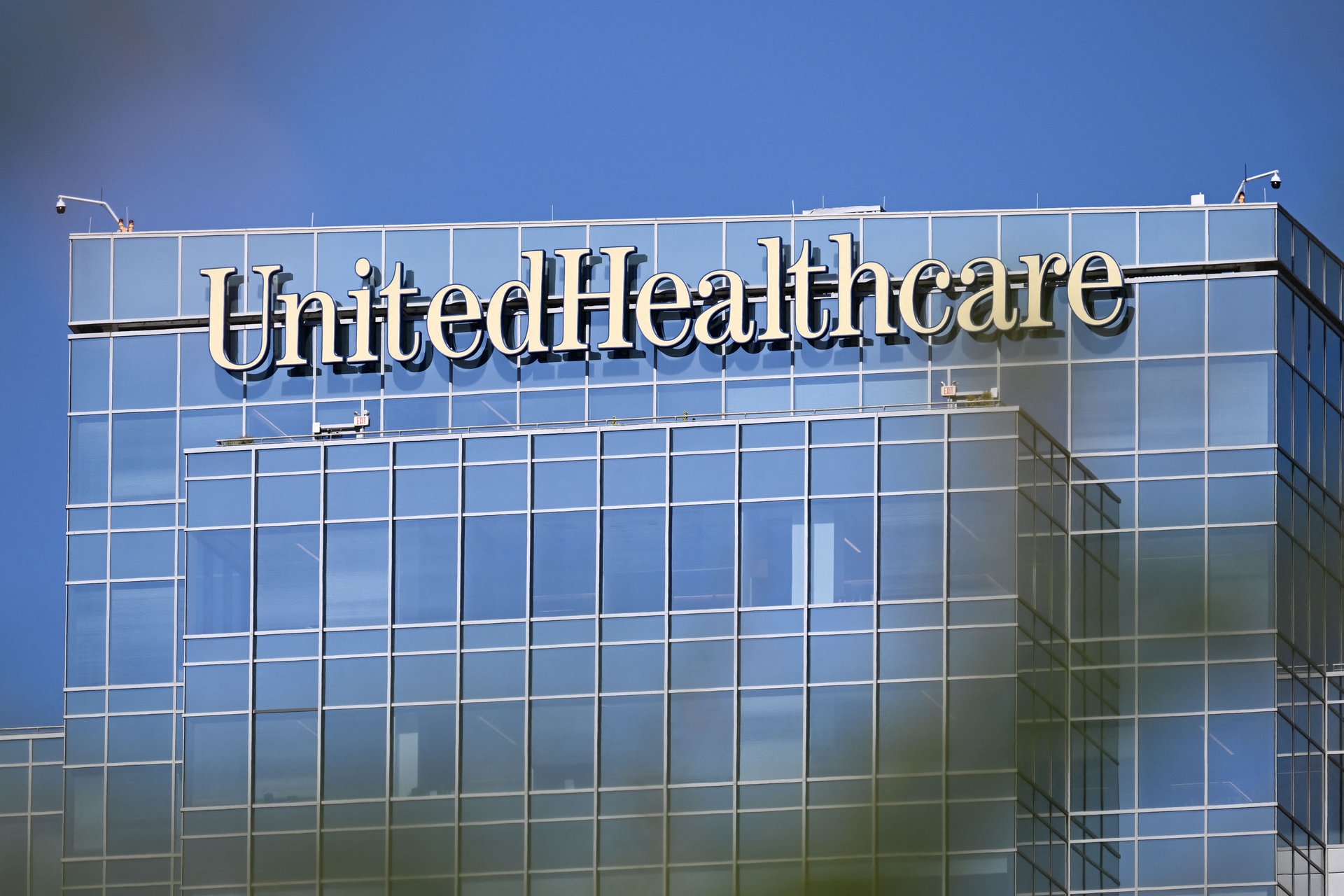UnitedHealth faces Senate probe over nursing home care model
UnitedHealth’s alleged bonus model for nursing homes is drawing congressional scrutiny over whether patients were denied emergency care

Patrick T. Fallon/AFP via Getty Images
UnitedHealth Group is under scrutiny — again. But this time, it’s not regulators who are knocking at the company’s front door. It’s Congress. Thursday morning, Democratic Senators Ron Wyden (Ore.) and Elizabeth Warren (Mass.) announced that they’re launching an investigation into whether the nation’s largest health insurer has endangered nursing home residents in pursuit of profit.
Suggested Reading
The senators, in a letter sent to UnitedHealth CEO Stephen Hemsley, are seeking information into whether the company has made care decisions that put frail, elderly patients at risk. At the heart of the probe: UnitedHealth’s Institutional Special Needs Plans — Medicare Advantage plans that were designed for nursing home residents and administered through the company’s healthcare services arm, Optum. The senators’ letter asks whether the insurer awarded bonuses to facilities that keep hospital admissions below a set “admits per thousand” threshold — crucially, without distinguishing between medically avoidable and necessary transfers. As the senators said, they’re “concerned that these metrics appear to be more attuned to higher profits than to better patient care.”
Related Content
The senators are seeking information on whether financial incentives were shaping medical decisions behind closed doors.
“We have outstanding questions about how UHG’s programs are structured and their effects on patient safety,” the senators wrote. “We call on UHG to provide Congress and the public with answers about these programs.”
The letter cites reporting from The Guardian that alleges that UnitedHealth may have deployed internal programs that rewarded nursing homes for keeping hospitalization numbers down. Facilities were allegedly eligible for bonus payments if they stayed under a pre-set threshold for all-cause hospital admissions. In practice, the senators’ letter raises the possibility that financial targets took precedence over medical need and that pressure may have led to patients being denied hospital care even after strokes or other medical emergencies, resulting in lasting damage or death.
“We remain concerned about programs UHG is deploying to reduce all-cause hospitalizations and to set advance directives at its contracted nursing homes,” the senators wrote.
This congressional investigation is only the latest cloud over UnitedHealth. The company is already the subject of both criminal and civil probes by the Department of Justice over its Medicare Advantage billing practices. Prosecutors are reportedly examining whether UnitedHealth manipulated diagnosis codes to boost reimbursement — particularly through its HouseCalls program, which sends nurse practitioners into patients’ homes for assessments that often generate lucrative risk scores. In July, UnitedHealth confirmed that it was cooperating with the DOJ and that it had received multiple subpoenas.
And while UnitedHealth remains enormously powerful — serving over 50 million Americans and pulling in $111.6 billion in revenue in the most recent quarter — the company is no longer riding high. Profits are down nearly 19% year-over-year. And the market has taken notice. In May, UnitedHealth’s stock dropped more than 13% when reports of the DOJ probe broke; the slide deepened a broader capitulation that wiped out nearly half the company’s market value — nearly $300 billion. The company has since disclosed that it faces up to $1.6 billion in potential settlement costs.
The company’s stock is down over 51% year to date. Investors are growing wary. And lawmakers are now turning their attention not just to billing practices, but to what those incentives mean in practice — especially for patients too old, too sick, or too alone to advocate for themselves.
In addition, the entire Medicare Advantage landscape is shifting. Faced with soaring medical costs and tighter federal scrutiny, competitors such as Humana and CVS (Aetna) are retreating — cutting benefits and exiting unprofitable markets. UnitedHealth is now preparing a similar pullback in 2026, scaling back plans for 600,000 members to stabilize earnings.
The senators wrote, “UHG denies the allegations in The Guardian’s reporting and maintains that its practices reflect best practices in the care of nursing home residents. However, we are concerned that the methods UHG appears to rely on to deliver the high-quality care it purports to provide may in fact incentivize practices that threaten resident safety.”
All of this regulatory heat compounds the pressure on UnitedHealth as Sens. Wyden and Warren ask for a full accounting into how policies may have altered treatment decisions — even conversations about DNR/DNI directives that may have been initiated without third-party oversight or proper safeguards. The senators want documents, internal protocols, and training materials by September 8.
UnitedHealth’s defense is that it’s following the numbers — fewer hospitalizations, better outcomes, lower costs. But Washington is increasingly paying attention.
The story will be updated as UnitedHealth Group responds.
